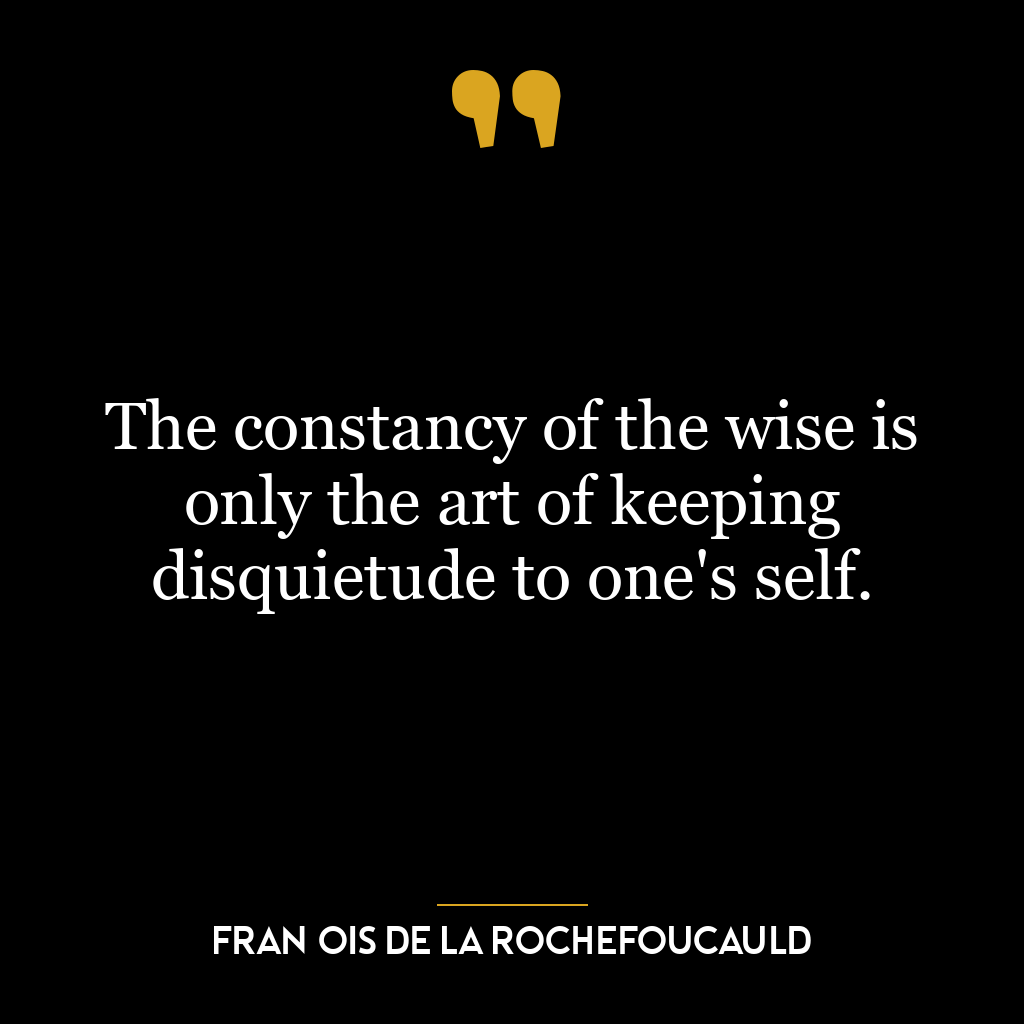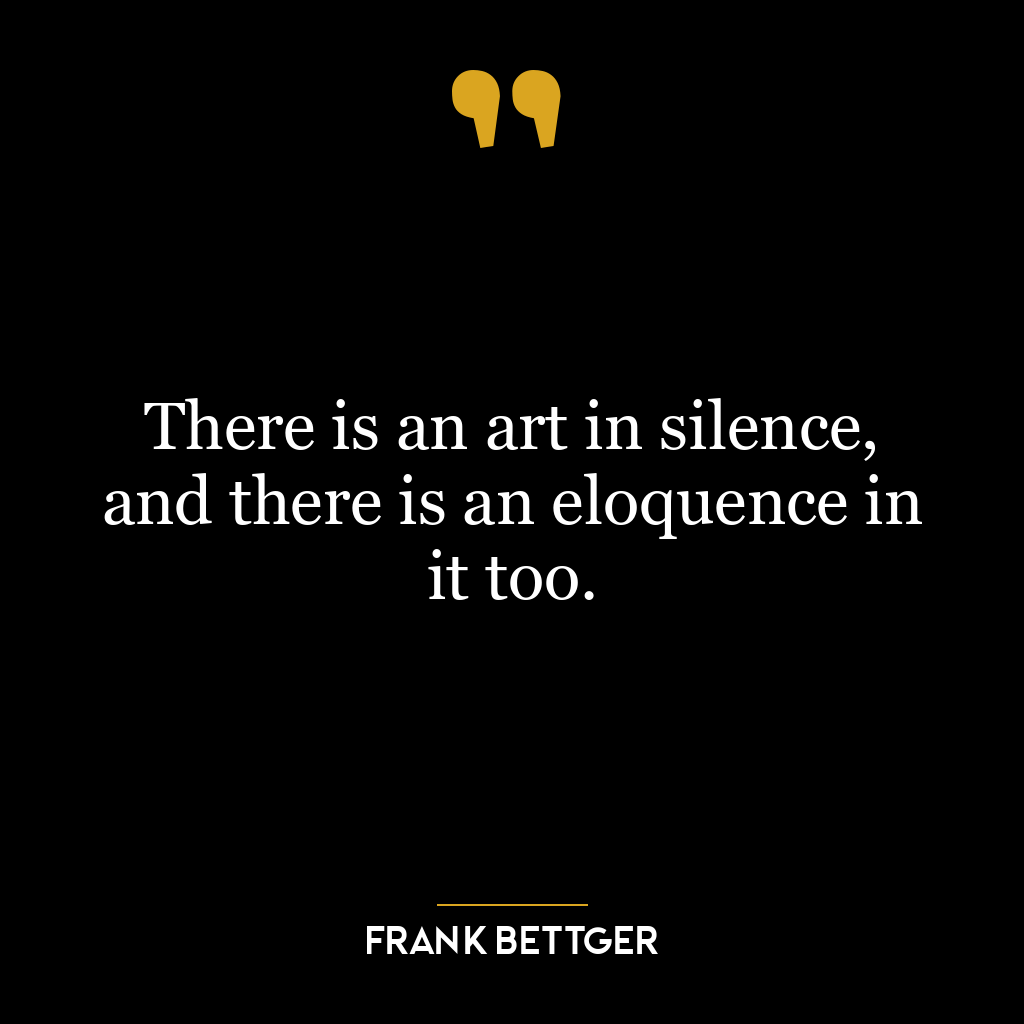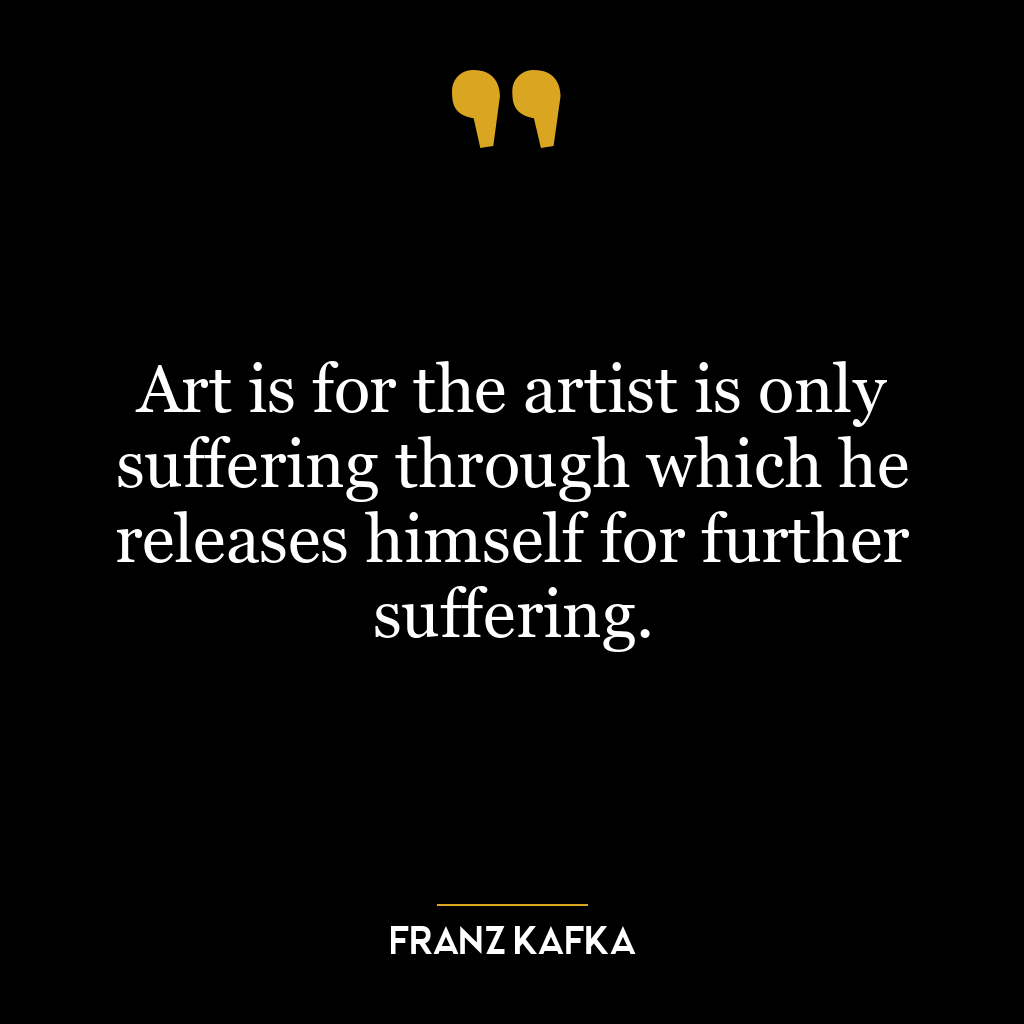This quote, “Because all my life I’ve learned to suffer in silence,” is a poignant reflection of the character’s internal struggle and resilience. It speaks to the human experience of enduring hardship, pain, or suffering without expressing it outwardly, a behavior often conditioned by societal norms or personal circumstances.
The idea of suffering in silence can be interpreted in two ways. On one hand, it can be seen as a sign of strength and resilience, the ability to endure pain without letting it affect one’s outward demeanor or actions. This could be perceived as admirable, showcasing a person’s ability to maintain control and composure in the face of adversity.
On the other hand, it can also be seen as a form of self-imposed isolation, where a person chooses to bear their struggles alone rather than seeking help or expressing their pain. This is often due to fear of judgment, rejection, or perceived weakness. It can lead to a build-up of emotional stress and can have serious implications on a person’s mental health.
In today’s world, this quote is particularly relevant. In an era where everyone is encouraged to put their best foot forward, especially in the age of social media, many people feel pressured to maintain a facade of perfection. They may choose to suffer in silence rather than admitting they are struggling, for fear of appearing weak or failing to meet societal expectations.
In terms of personal development, this quote can serve as a reminder of the importance of emotional honesty and vulnerability. It encourages us to break free from the notion that suffering must be a solitary experience. By learning to express our pain and seek support, we can develop healthier coping mechanisms and build stronger, more authentic connections with others. It also emphasizes the need to cultivate empathy and understanding, to create a safe space for others to share their struggles without fear of judgment.









